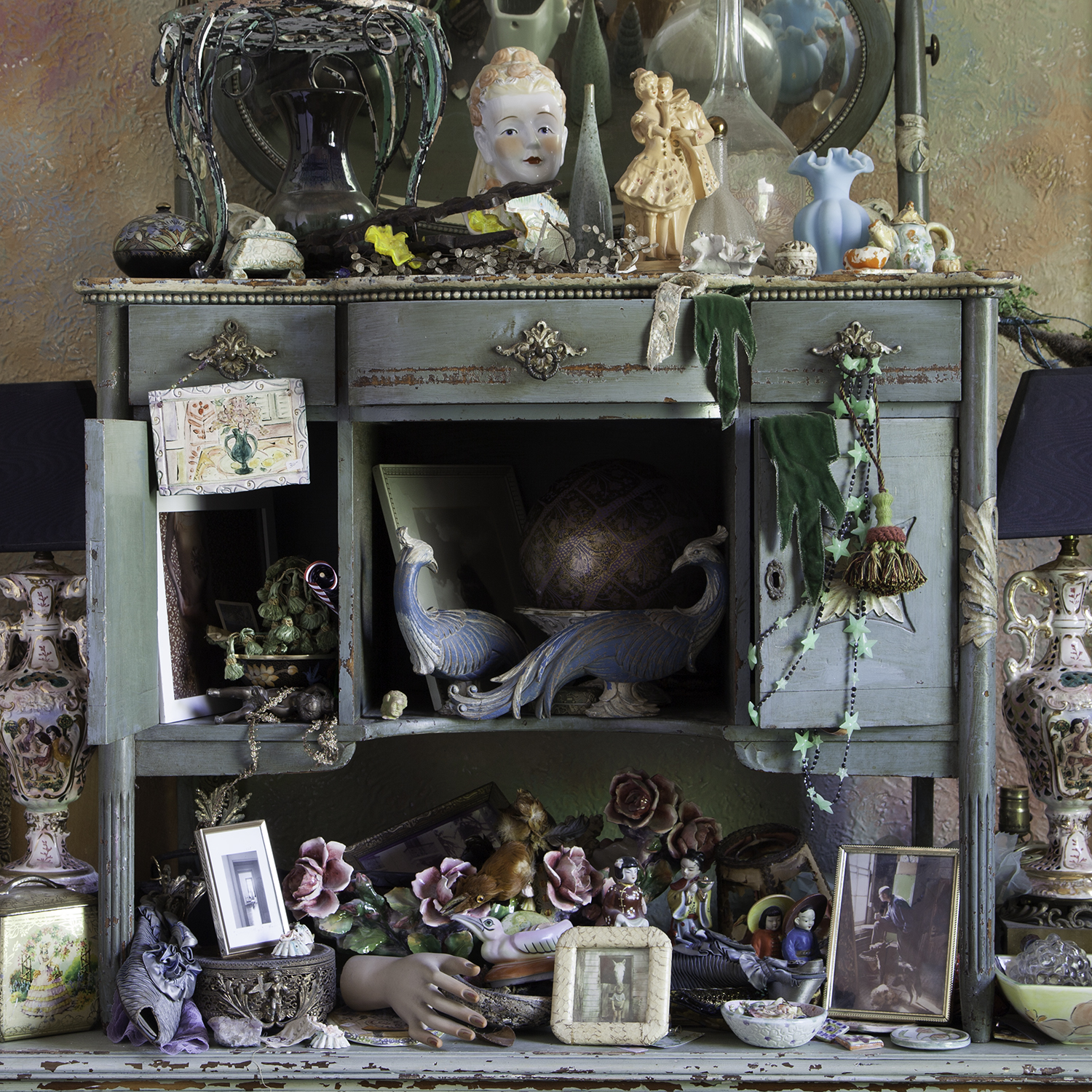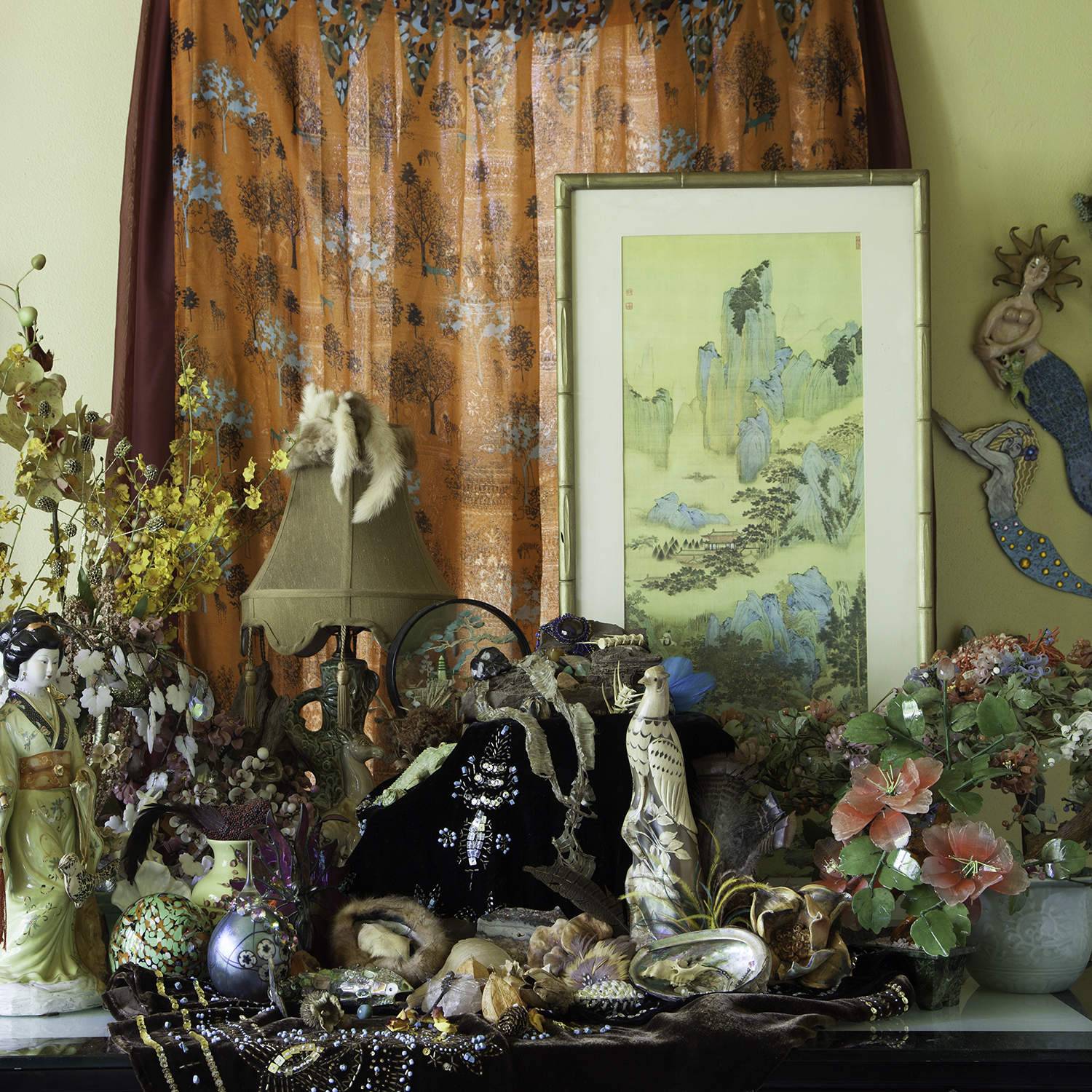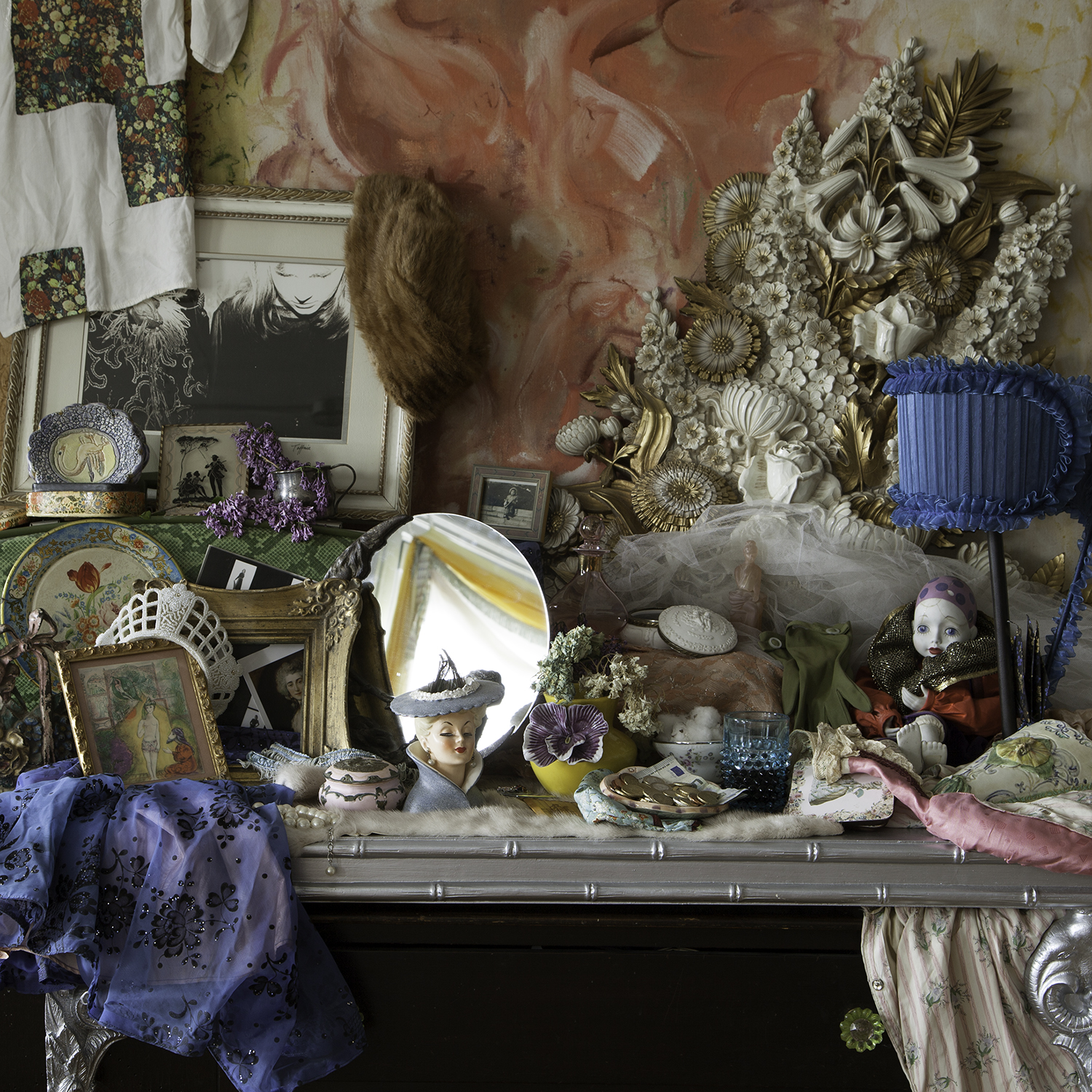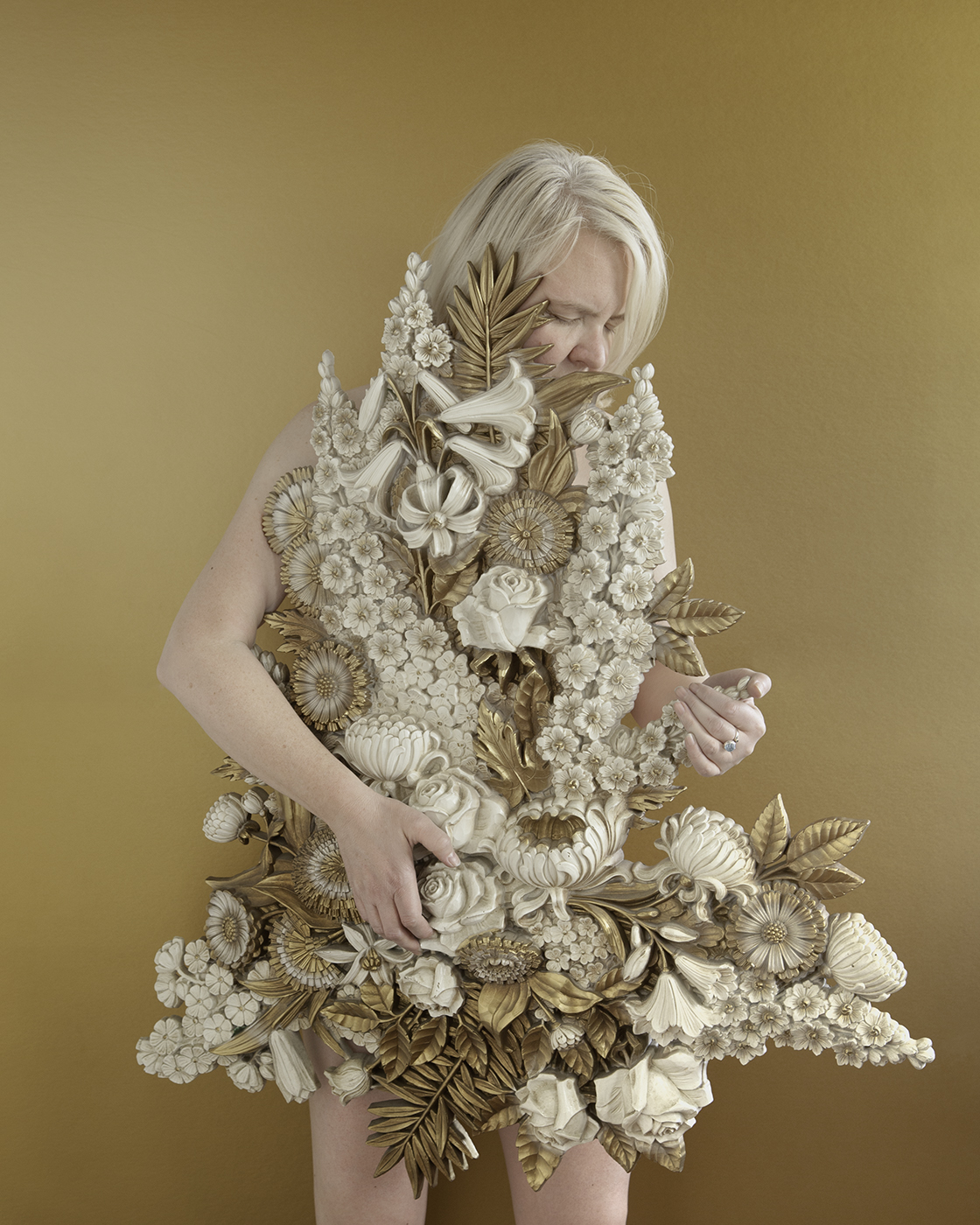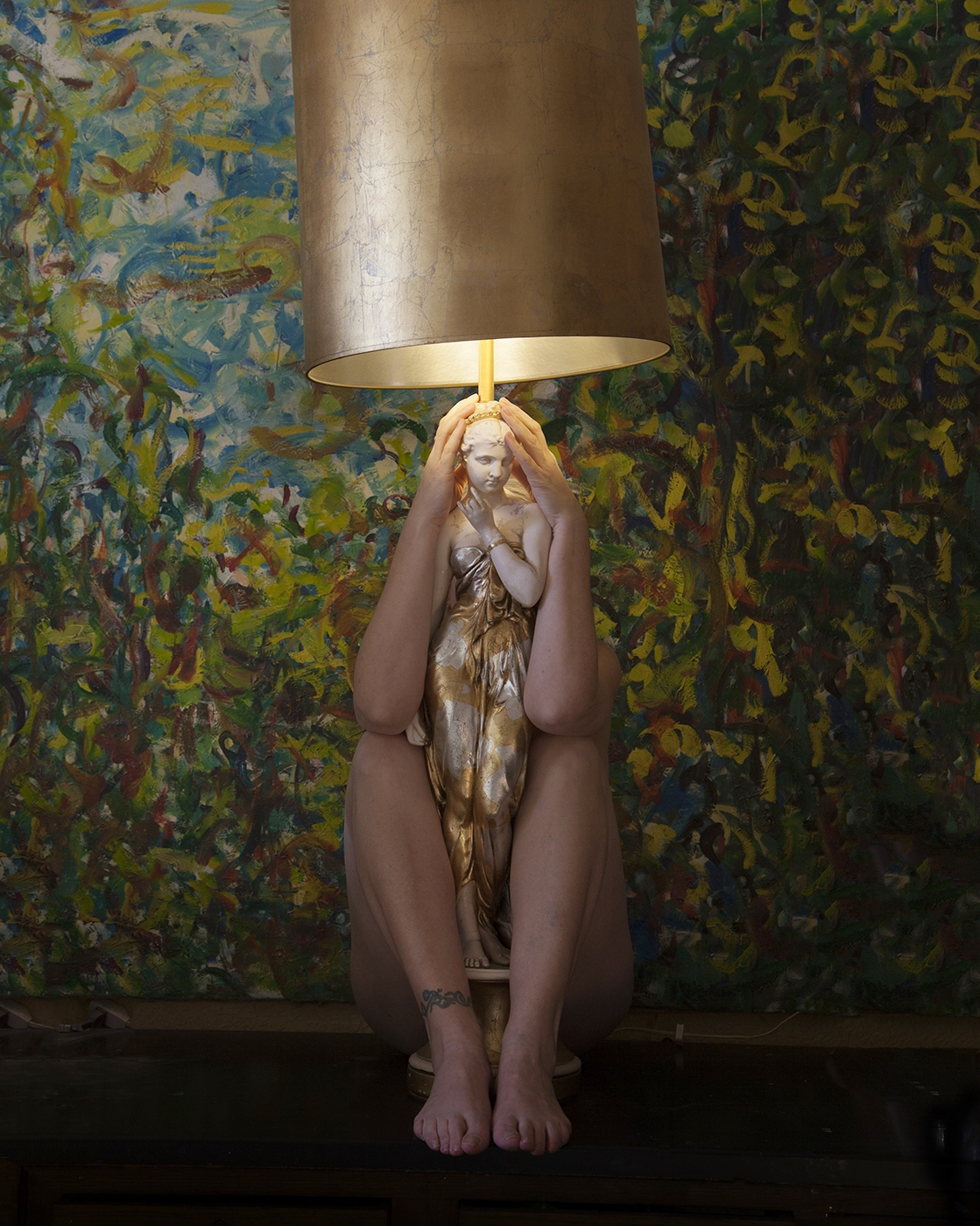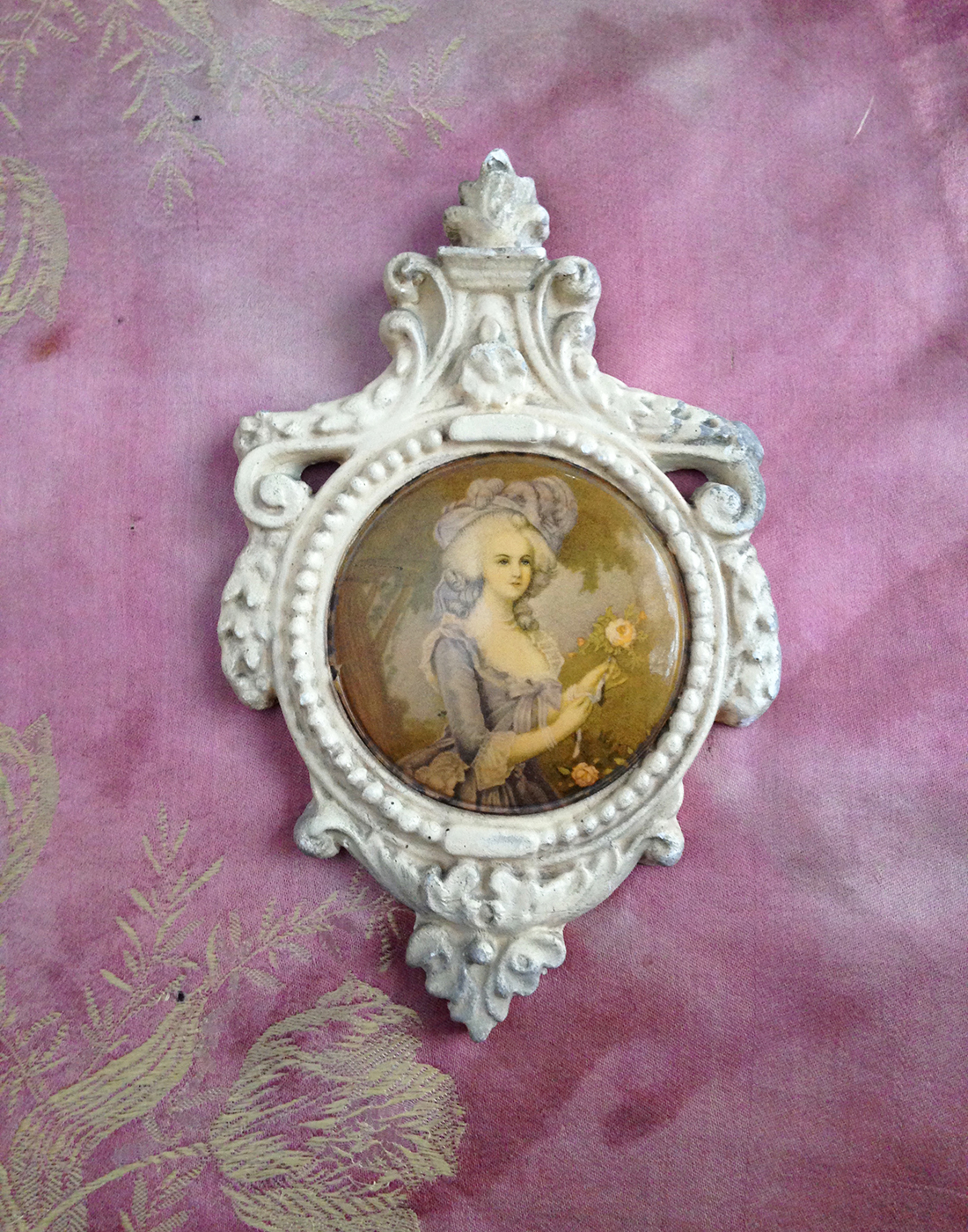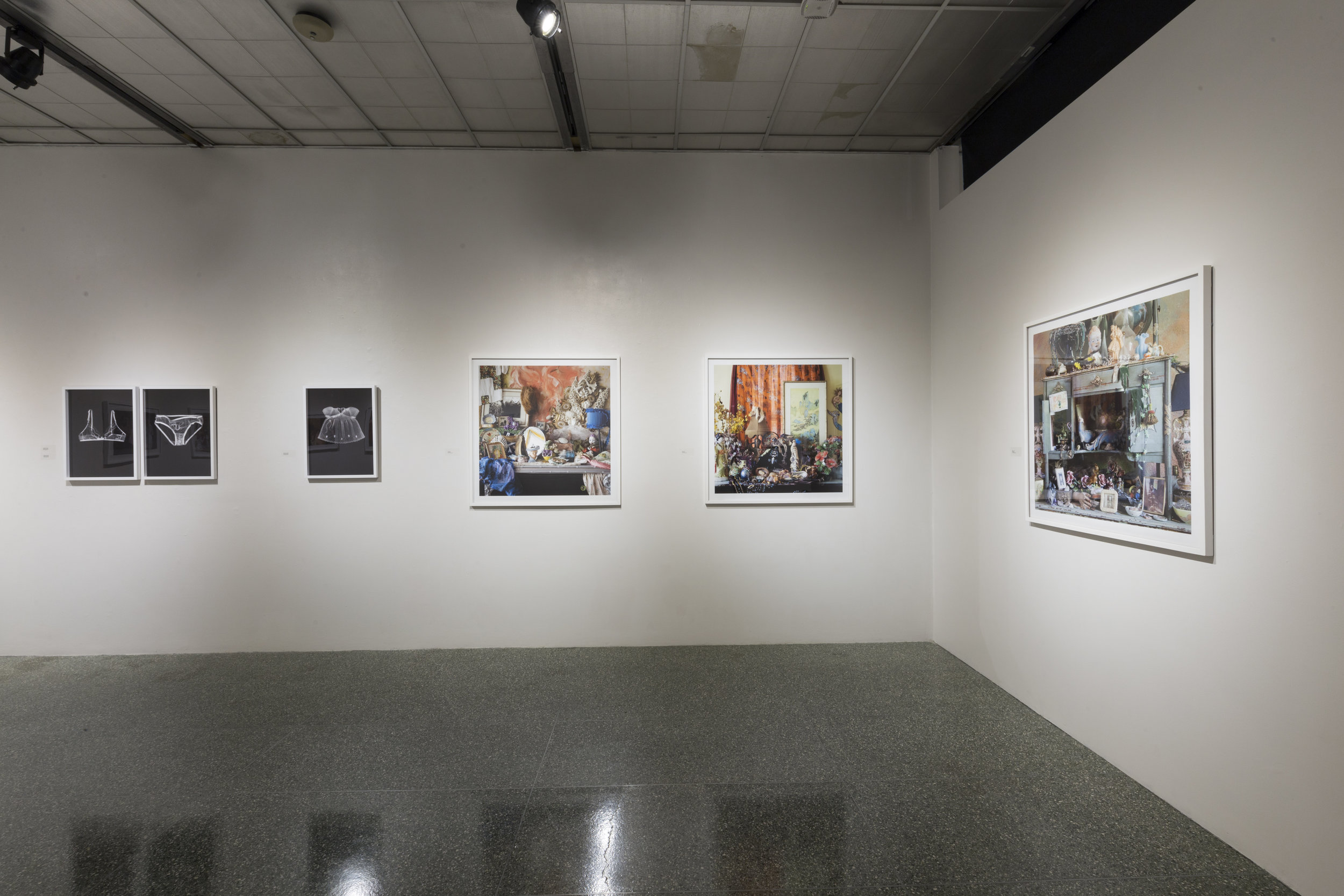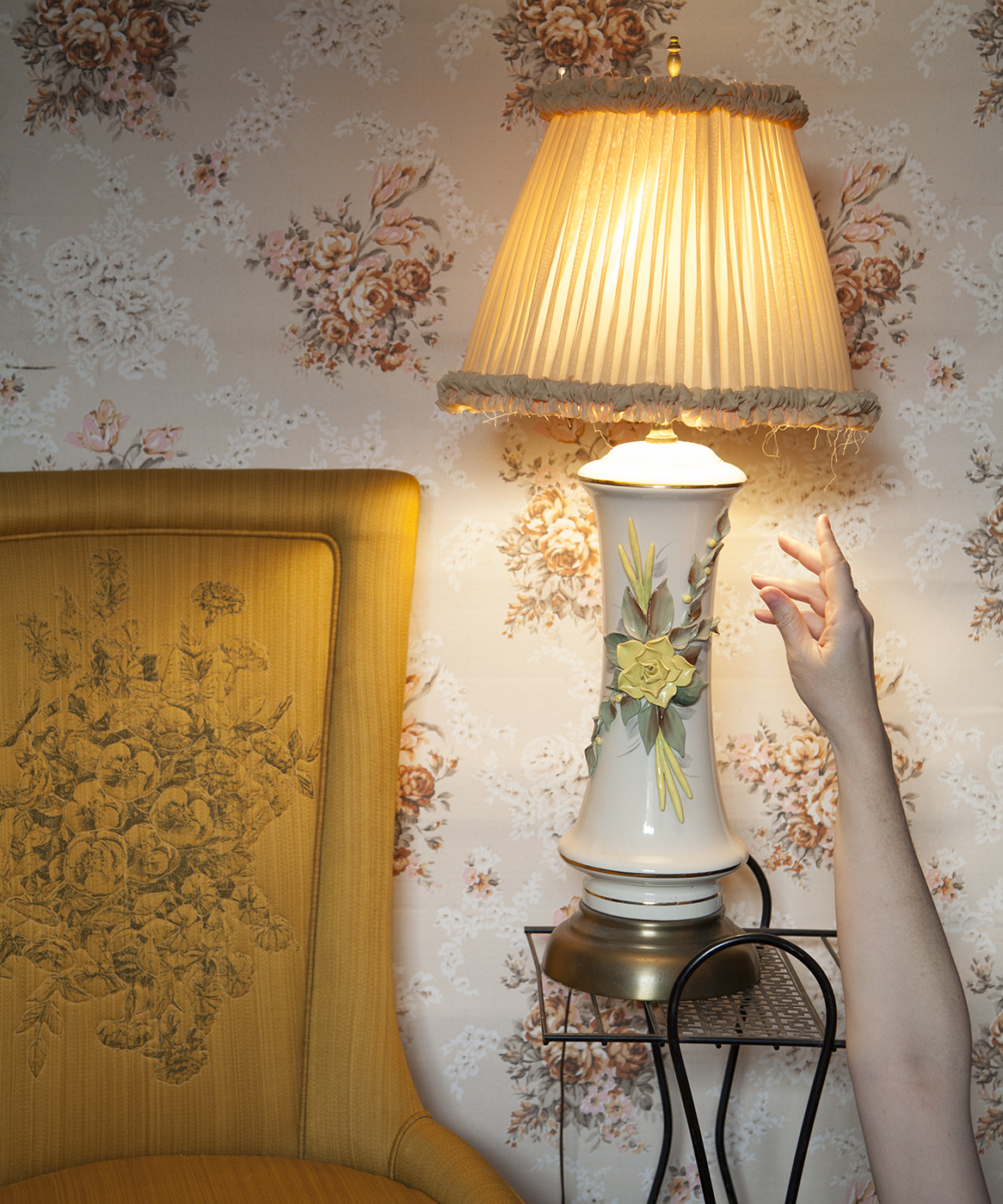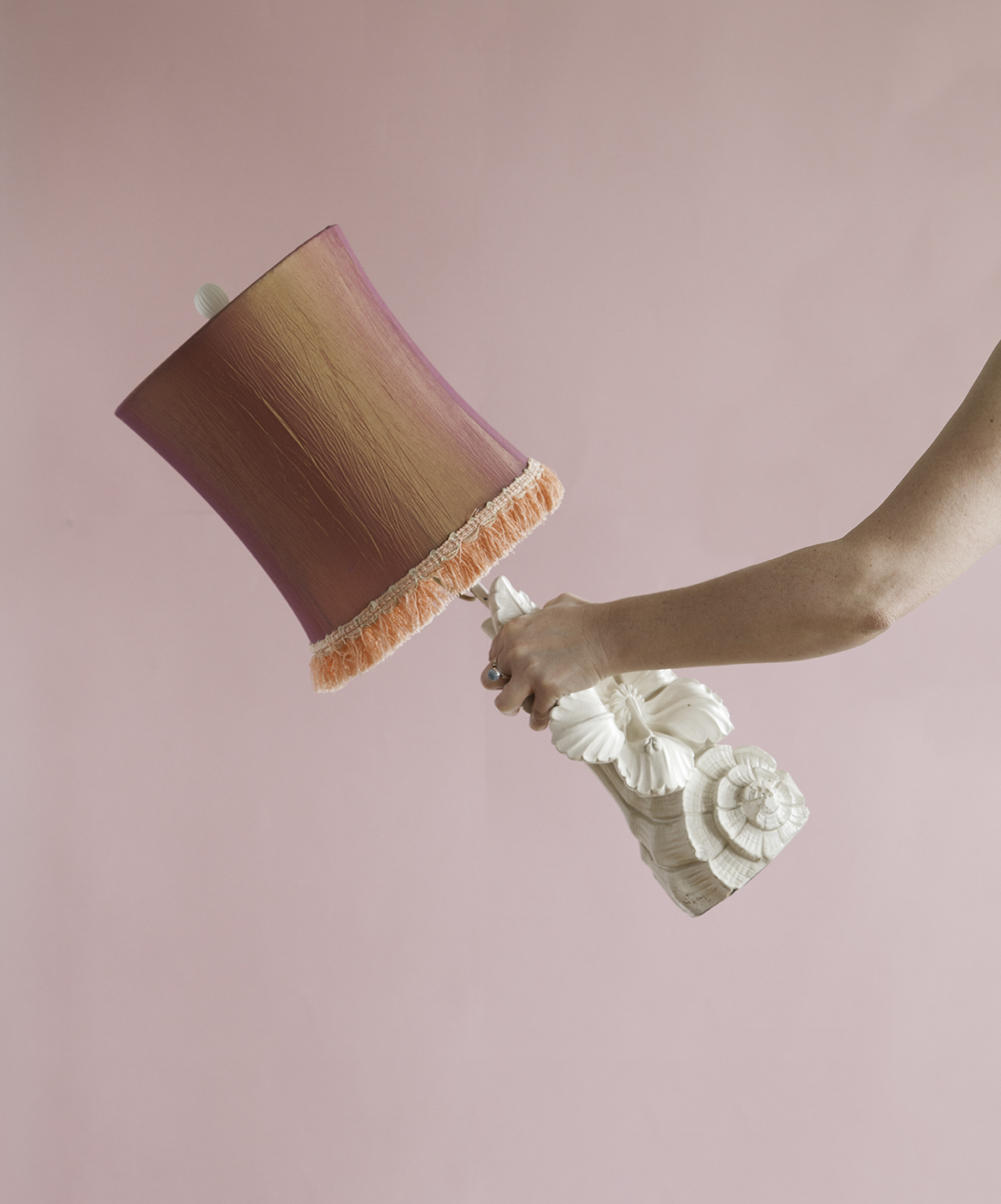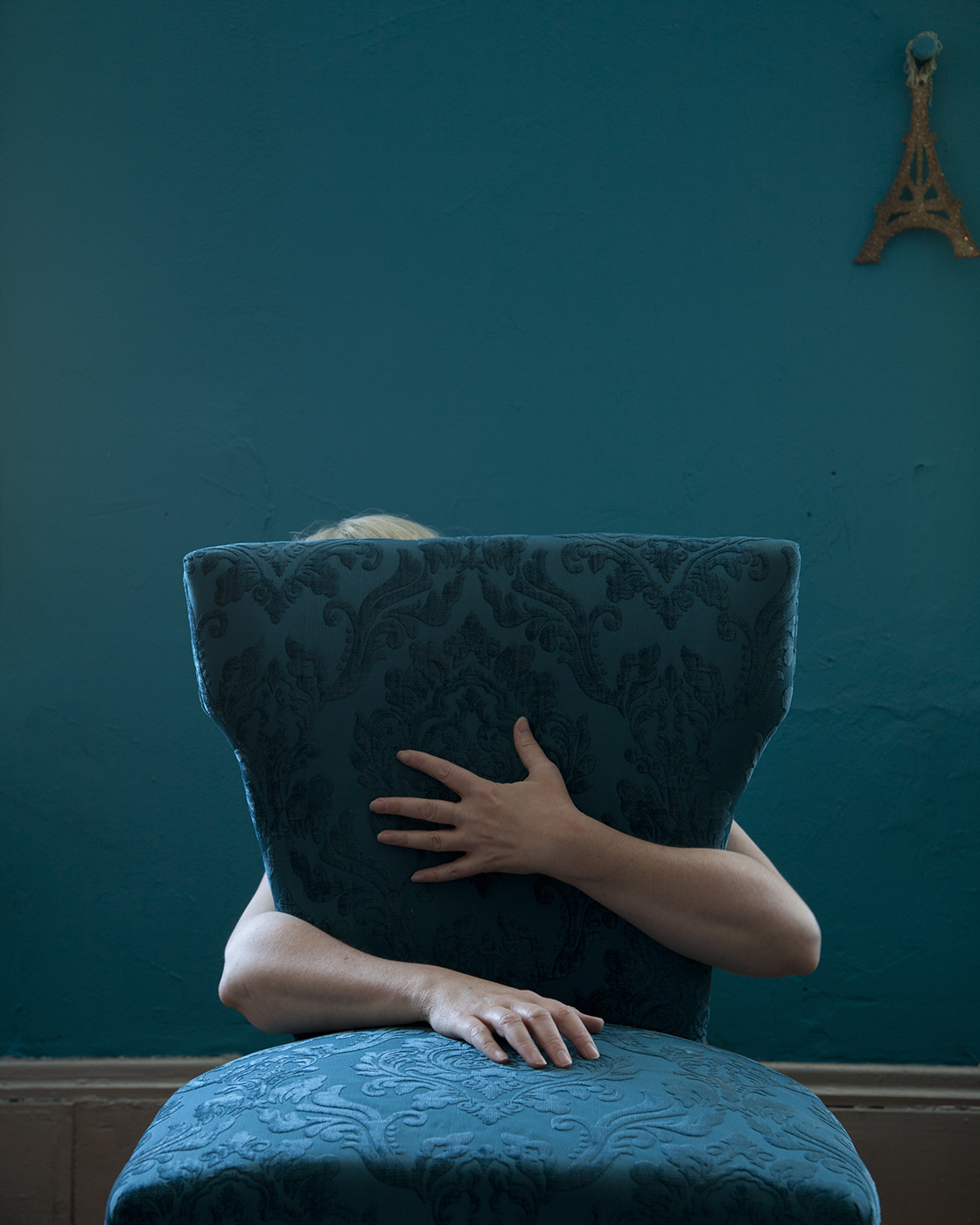Q&A: Tara Bogart
Tara Bogart is an artist from Milwaukee, Wisconsin, now residing in Paris, France. Through her various projects, Bogart looks at the way we exist with our things, our family, and with the future generation.
Tara's work has been exhibited nationally and internationally at Hous Projects, New York, Aperture, New York, Catherine Edelman Gallery, Chicago, Center of the Arts at Virginia Tech, VA, Grunwald Gallery of Art, Indiana, The Portrait Society Gallery, Milwaukee, WI, INOVA (Institute of Visual Arts), Milwaukee, Art and Soul Gallery, and The Charles Allis Art Museum, Milwaukee. Her work was recently published by Kehrer Verlag and has been reviewed by Huffington Post, Refinery29, the New Yorker, CNN Worldwide Photos, Zoom Magazine and The British Journal of Photography to name a few.
By Brian Pfister | March 2018
BP: Hi Tara, thanks for taking the time to speak with me! You were living and working in the Midwest for quite some time when a on a trip to Paris you saw an image of Felix Nadar’s that sparked the curiosity for your project A Modern Hair Study. In what ways did this trip in 2011 relate to you moving to paris in 2015?
TB: This is a big question. I have traveled quite a bit over the years and have enjoyed many cities but when I landed in Paris for the first time I knew I would want to go back. I couldn't believe how many museums there were and how exciting it was to turn every corner. No matter where we were, on the metro, walking, or in cafe it seemed to me that everyone was speaking about something creative. Perhaps that was not really true because I didn't speak or understand French (still not much more, but I try). The openness I felt in Paris drew me there over and over again. It started out to be once a year and then a couple of times a year but never really feeling like I had enough time to finish anything. So finally, at one point I realized it was a "now or never" moment and I started to prepare. I didn't really know what my life would look like once I arrived for the first time as a resident but I was confident that I wanted to see what would happen.
I believe the hardest part was realizing that I could not bring the things that I had with me. The things I have carried with me for over 40 years! Which is what sparked "The Burden of my own Immoderation". I felt so connected to these pieces that I needed a way to glorify them in a way and release them.
BP: Paris is a city with centuries of accumulated history and culture unlike any North American city, how has your relocation to such a place changed the way you think about and make your work?
TB: I am still discovering this answer, actually. I have been in France for 2 years now and I still feel like a "newbie". What I can say is this...the history of this place is so deep that it is at the same time inspiring and unfathomable. Transitioning to a new city is an adjustment but to relocate to a new country is so challenging. Of course there are so many administrative things that weigh me down at times and the language bearer can be intense but the rewards for me as a photographer override all of those other problems.
In many ways, I have felt the deeper connection to art making here. There is such an appreciation for art and I feel it in ways that are tangible.
Now that I am more settled in, the work is really unfolding. I am working on 3 projects at the same time and I feel very motivated to continue and push myself to try things I haven't before. Paris continues to inspire me in ways I never expected and also puts in front of me things I have never seen or experienced before.
BP: In Related Women, you pay homage to the women who raised you. There is an individual yet collective identity evident throughout the possessions and styles of each related woman's still life. Can you tell me about what drove you to make this series and how these women have influenced you as an artist and as a woman?
TB: Related Women came about because I was always try to do portraits of my mom (Taffnie) and my Aunt (Tanya). Every time I would try to do a group portrait of us, we all hate the photos. So next time, I warned that I would just take photographs of their stuff, and that is how it became a project. I asked both my mom and my aunt to make their still-life spaces in their homes and then I went to their places and took the photographs. I made mine first and did not show them and then I photographed theirs. None of us knew what the others' still-life looked like. We too were surprised and delighted by the similarities and the differences. It was the first time we all loved the images. I believe they are really revealing and, in a way, an extension of my other projects because they also have anonymity.
These two women have made me who I am. They showed me how to feel rich when you have nothing, how to be adventurous, and how to take pleasure in the small things. Driving along a country road on a hot summer day in Wisconsin, we had 3 missions: unique or exotic treasures at the right price for our budgets, a good little lake to go for a swim in, and hopefully finding an amazing piece of pie or homemade custard. While on these adventures, I learned a lot about life, love, passion, frustration... These two women helped me understand my own goals while listening to their own. We don't always agree but we always listen to each other and try to encourage each other.
BP: Your book A Modern Hair Study is a collection of images in which you voyeuristically photograph a generation that is not yours. What was your experience making the work? How do you see the work contributing to conversations surrounding womanhood and identity?
TB: I feel really connected to these young women. I love each image for a different reason. This project really challenged me to look at this younger generation and recognize their unique qualities. I think I felt a kinship with them as I was once a 20-something, and though for them my age seems like a long time away, their age seems not so far in the past to me. It's strange what time and experience does to us, or for us. It's a perplexing thing to think about. Perhaps I have a certain authority because I am woman and I have already experienced the challenges of being a young woman but now I find myself in a new place, trying to make sense of my new challenges. I absolutely know that I do not wish or want to go back to those days of my youth but I also see that there are new challenges for me that have me questioning my identity and womanhood but in an entirely new way. I believe my mother can recognize what she sees in my challenges in the same way that I recognize in these young woman. So, what do I contribute to the conversation? Perhaps a wonder for these ladies who come after me but also, and importantly, an understanding of their challenges because I was there once, not so long ago.
© Tara Bogart
BP: Can you talk about the projects you are currently working on and what is on the horizon?
TB: It has been just over 2 years since I arrived in Paris and, as some may understand, it takes time to get settled in a new place. The first year I spent a lot of time trying to build an understanding of my surroundings, trying to learn french, and really trying to be part of the culture of France. The second year, as I was becoming more comfortable, projects started to surface, and now I am in the middle of working on a few things. I wish I could tell you more about what is on the horizon but it's too soon to say. But, I can tell you that I had some very introspective moments these past couple of years. I feel so fortunate and content to be where I am, but there are moments where the adjustments of moving to a new country can be a huge challenge to overcome. Today I am in a position that allows me to focus more on my work than on general life administration (although I still have a lot of that!) and feel I can share some new things soon. Perhaps I will bring you some lovely macarons this summer when I visit Milwaukee and we can talk about it!
Lovely to chat with you and to share my most recent work.
BP: I look forward to hearing more, thank you for taking the time to speak with me!

